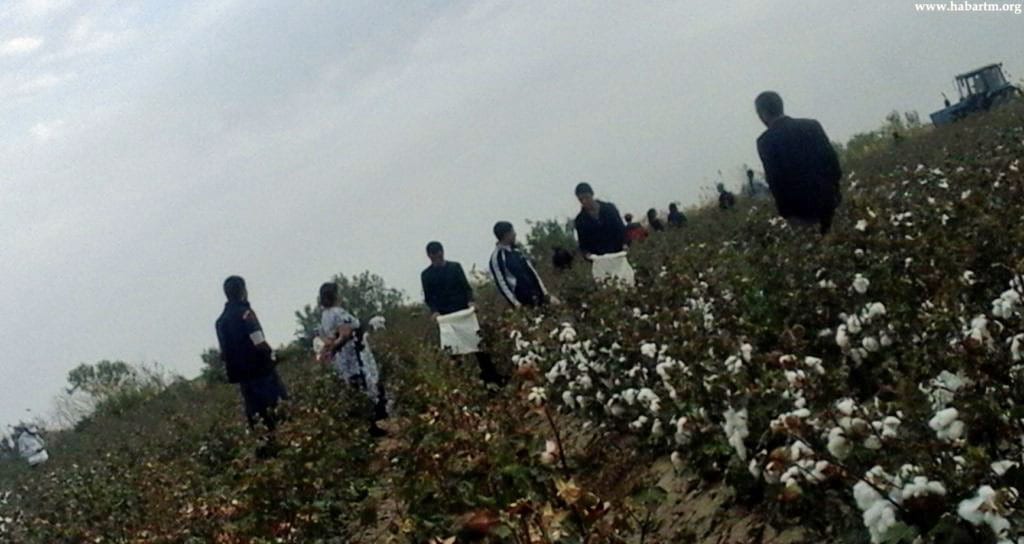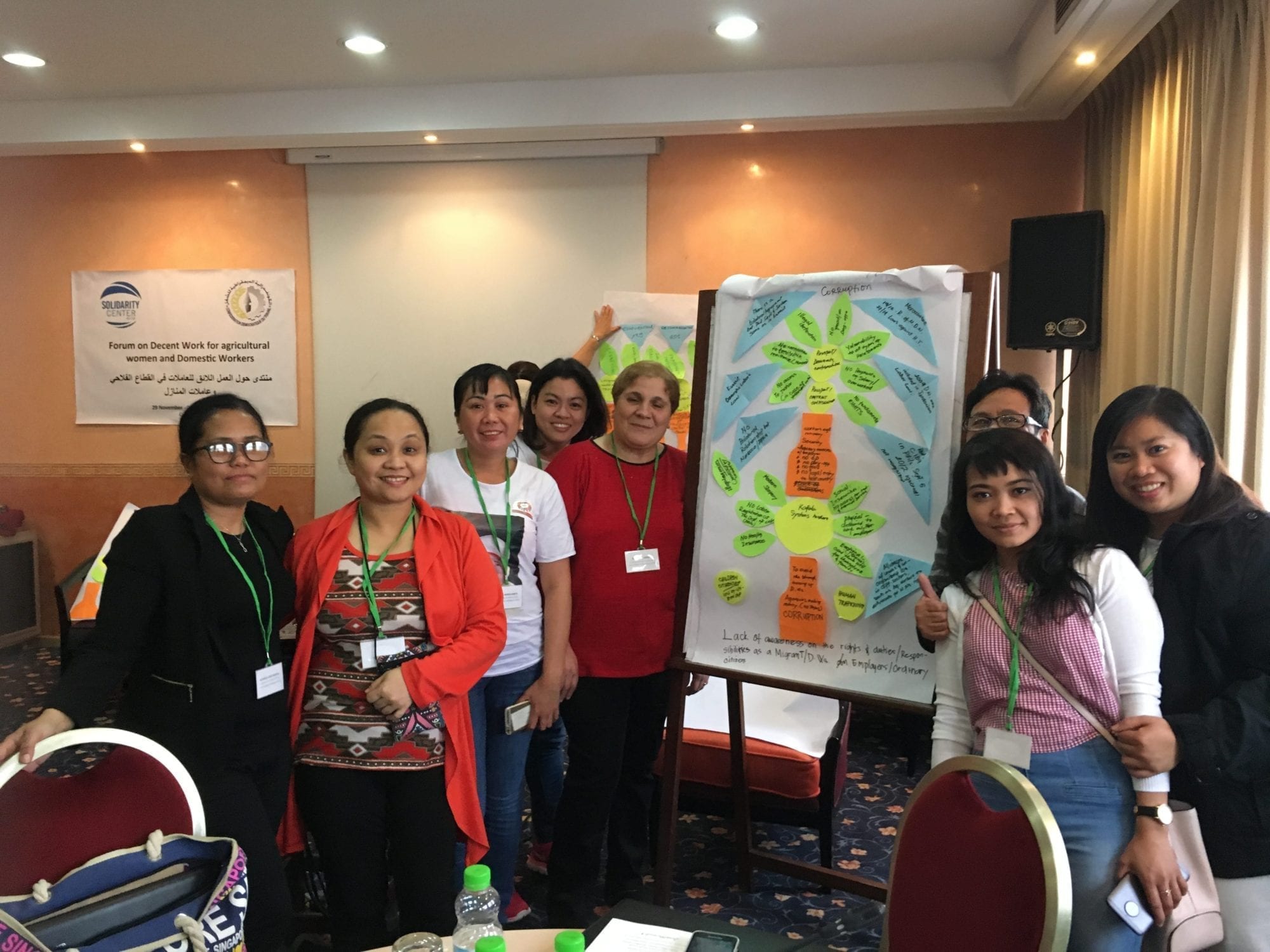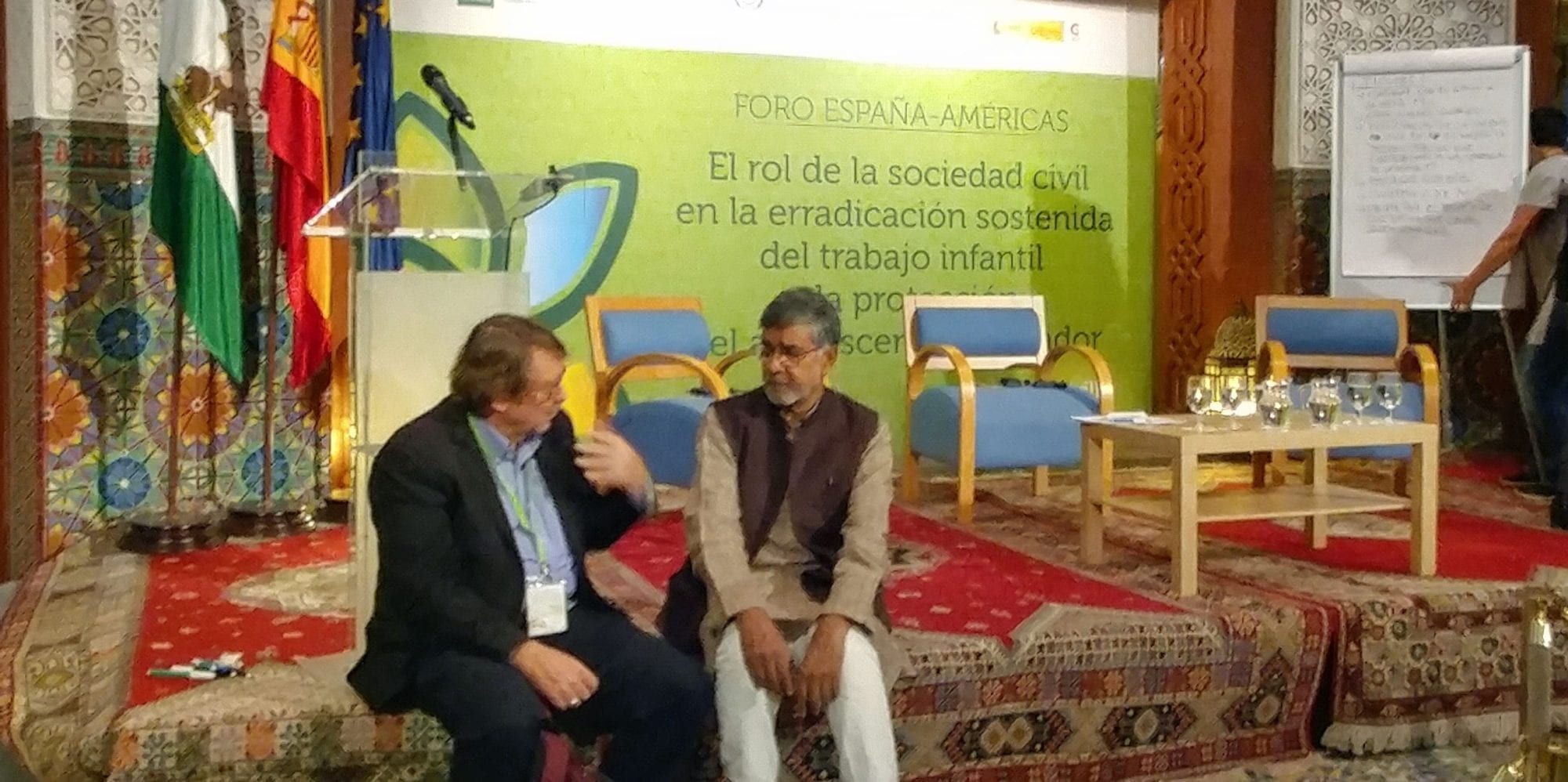Truckloads of children were sent to pick cotton during the Turkmenistan fall harvest, according to a new report by the Alternative Turkmenistan News (ATN), an independent media and human rights organization. The children, along with tens of thousands of civil...
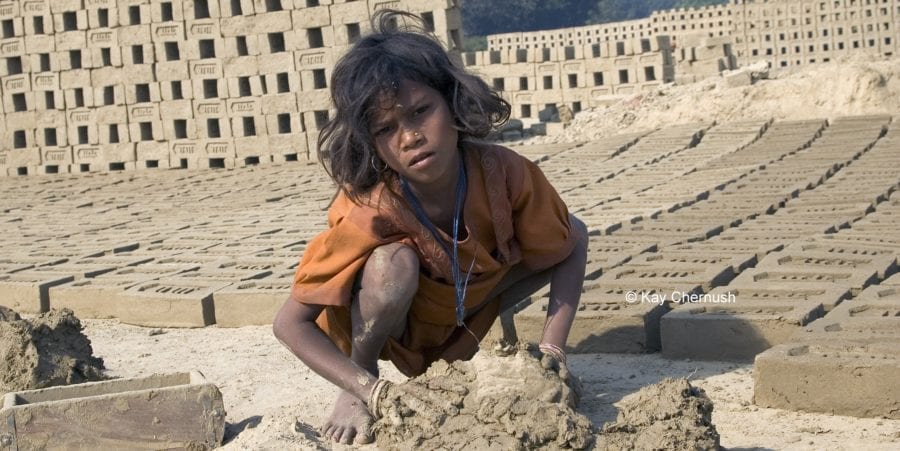
Credit: Kay Chernush
Millions of children are not in school today because they are forced to work. Children as young as 5 years old are part of the global workforce. In factories and in fields, children work up to 15 hours a day, seven days a week.
The Solidarity Center partners with unions around the world that are championing and negotiating economic benefits in the workplace which often enable adult workers to support their families without sending their children to work. Through collective bargaining with employers, unions also can bargain for worker access to schools or daycare facilities.
The Solidarity Center also joins with advocacy partners like the Child Labor Coalition and Global March Against Child Labor to champion legal and regulatory means to end child labor and with human rights organizations to address the structural conditions that lead to child labor. For instance, together with coalition partners in the Cotton Campaign, the Solidarity Center worked for an end to child labor in Uzbekistan’s cotton fields where government-run cotton harvests have forced citizens of all ages to toil each fall.
Decent Work Forum: Sharing Strategies for Success
Following heartfelt rounds of songs on workers’ struggles and union solidarity, some 30 worker rights advocates launched the second day of the Forum on Decent Work for Agricultural Women and Domestic Workers. Discussions centered on the lack of migrant worker rights...
Global March on Child Labor: Model for Action Worldwide
“Trade unions and NGOs must work together” to end child labor, asserted Nobel Prize winner Kailash Satyarthi as he summed up a two-day gathering of more than 40 child labor activist organizations from around the world in Seville, Spain. Participants at “Forum...
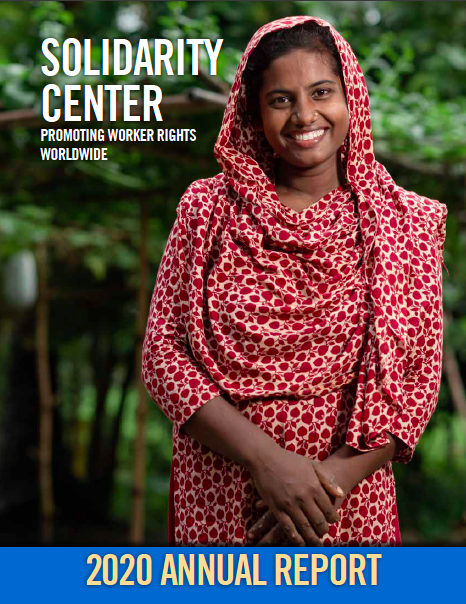
2020 Annual Report
Download here.
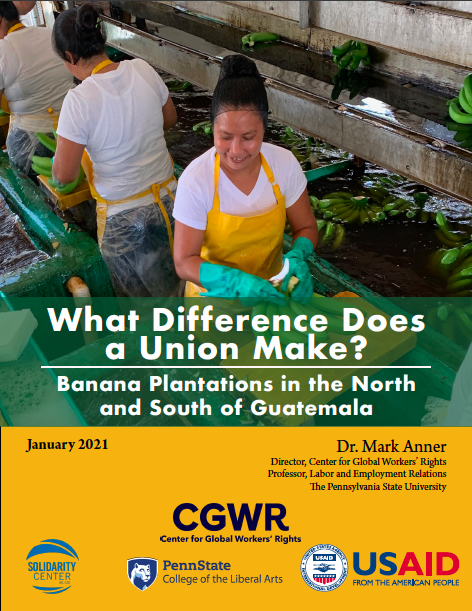
What Difference Does a Union Make? Banana Plantations in the North and South of Guatemala
Guatemalan banana workers without a union work longer hours and earn less than half than of those who are unionized, and report more cases of verbal and physical abuse. Download in English. Download in Spanish.
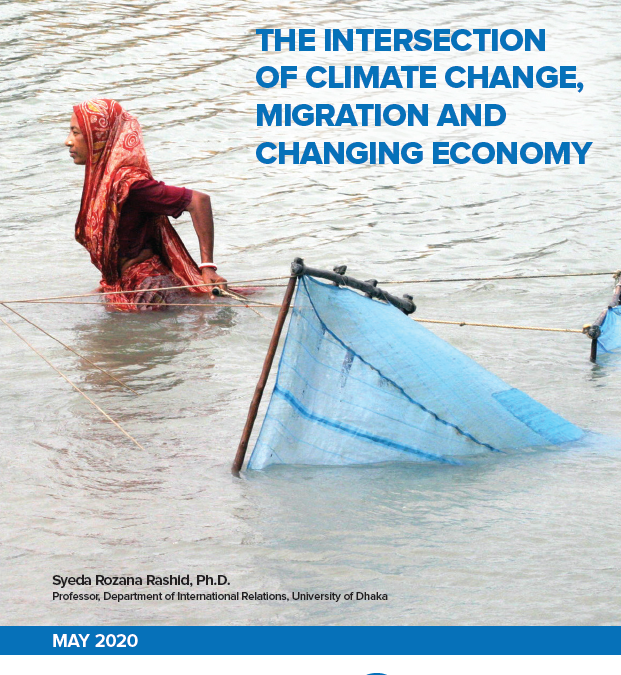
REPORT: CLIMATE CHANGE IN BANGLADESH DRIVES WORKER VULNERABILITY, POVERTY
This report, The Intersection of Climate Change, Migration and Changing Economy, explores the links among climate change, economic activities and migration in the coastal areas of Khulna and Jashore, Bangladesh, demonstrating its impact on the availability of decent...
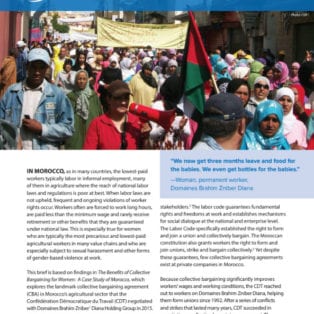
The Benefits of Collective Bargaining for Women Workers in Morocco
Download in English. Download in Arabic. This report was made possible through the generous support of the Ford Foundation.
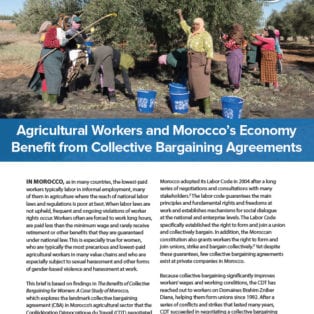
Agricultural Workers and Morocco’s Economy Benefit from Collective Bargaining Agreements
. Download in English Download in Arabic. This report was made possible through the generous support of the Ford Foundation.
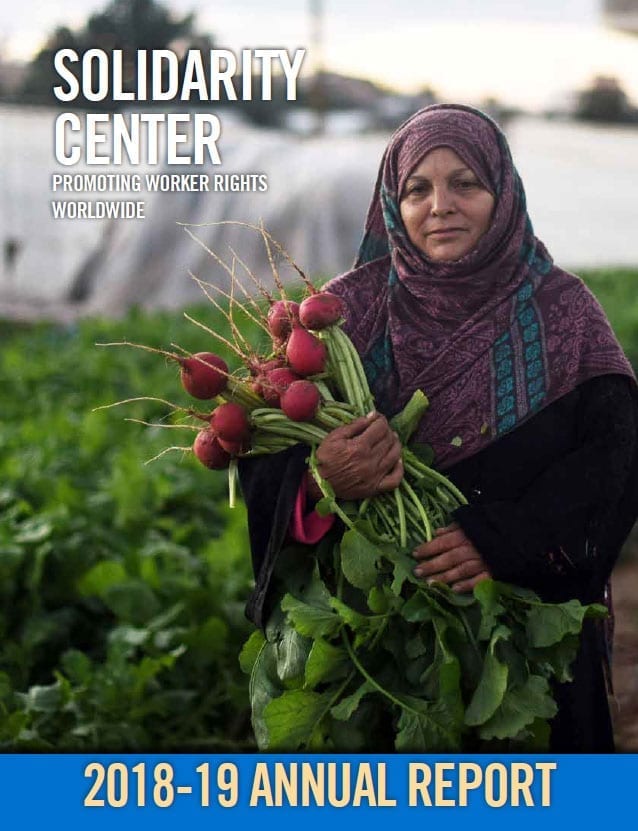
Annual Report, 2018–2019
Download here.

